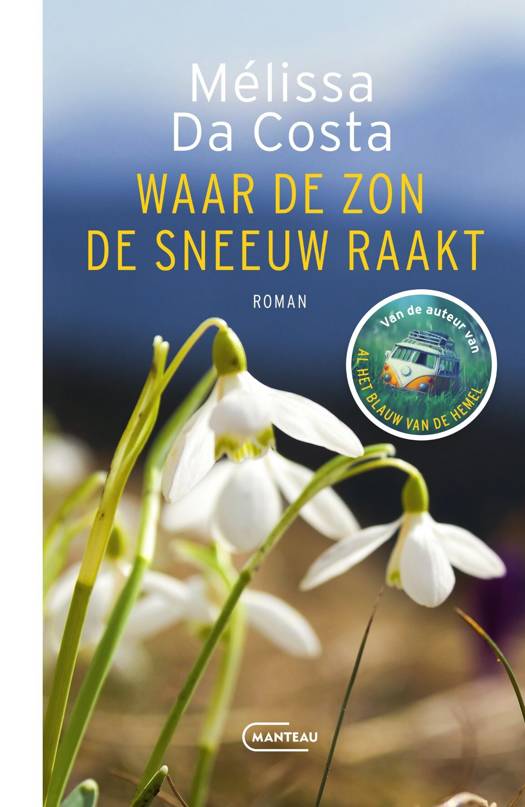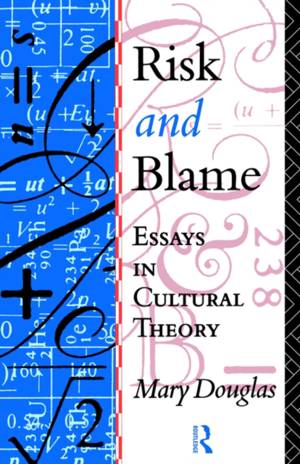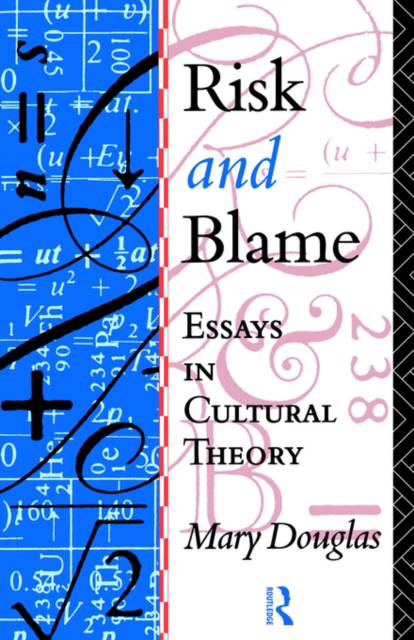
- Afhalen na 1 uur in een winkel met voorraad
- Gratis thuislevering in België vanaf € 30
- Ruim aanbod met 7 miljoen producten
- Afhalen na 1 uur in een winkel met voorraad
- Gratis thuislevering in België vanaf € 30
- Ruim aanbod met 7 miljoen producten
Zoeken
€ 102,45
+ 204 punten
Uitvoering
Omschrijving
Risk and danger are culturally conditioned ideas. They are shaped by pressures of social life and accepted notions of accountability. The risk analyses that are increasingly being utilised by politicians, aid programmes and business ignore the insights to be gained from social anthropology which can be applied to modern industrial society.
In this collection of recent essays, Mary Douglas develops a programme for studying risk and blame that follows from ideas originally proposed in Purity and Danger. She suggests how political and cultural bias can be incorporated into the study of risk perception and in the discussion of responsibility in public policy.
In this collection of recent essays, Mary Douglas develops a programme for studying risk and blame that follows from ideas originally proposed in Purity and Danger. She suggests how political and cultural bias can be incorporated into the study of risk perception and in the discussion of responsibility in public policy.
Specificaties
Betrokkenen
- Auteur(s):
- Uitgeverij:
Inhoud
- Aantal bladzijden:
- 336
- Taal:
- Engels
Eigenschappen
- Productcode (EAN):
- 9780415119993
- Verschijningsdatum:
- 10/11/1994
- Uitvoering:
- Paperback
- Formaat:
- Trade paperback (VS)
- Afmetingen:
- 142 mm x 219 mm
- Gewicht:
- 444 g

Alleen bij Standaard Boekhandel
+ 204 punten op je klantenkaart van Standaard Boekhandel
Beoordelingen
We publiceren alleen reviews die voldoen aan de voorwaarden voor reviews. Bekijk onze voorwaarden voor reviews.











